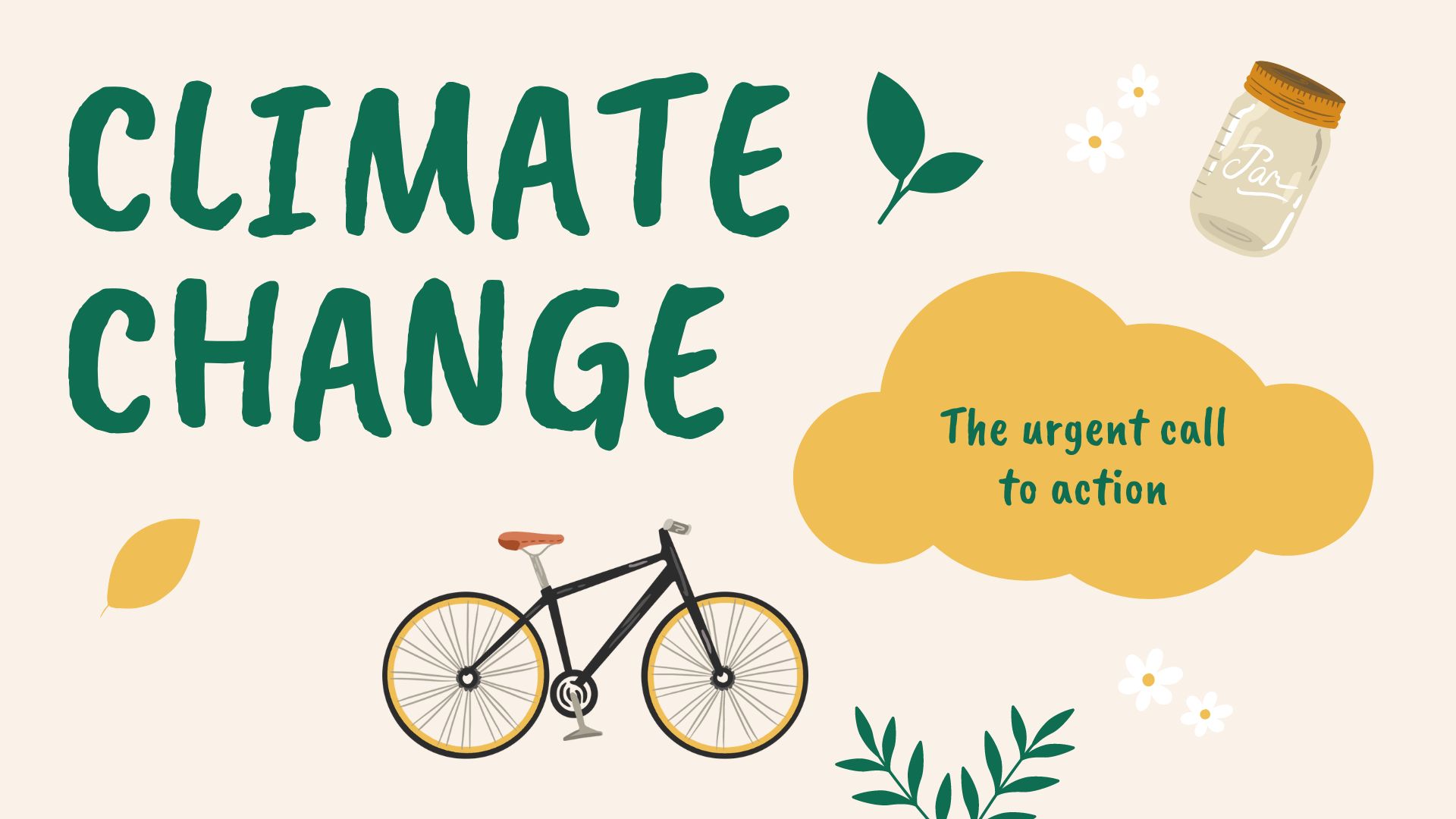Introduction
Global warming and climate change are the greatest issues of the twenty-first century. Human activity is the primary cause of these related events, which negatively impact the climate system. Uncontrolled global warming broadly impacts our lives, including the environment, economy, and human health. This article glances into the complicated structure of climate change and global warming, examining its causes, effects, and the need for quick action to improve the situation.
The Science Behind Global Warming
The term “global warming” describes a slow increase in Earth’s average temperature caused by the accumulation of greenhouse gases (GHGs) in the atmosphere. Carbon dioxide (CO2), methane (CH4), nitrous oxide (N2O), and fluorinated gases, which are released from the burning of fossil fuels, deforestation, industrial processes, and agriculture, are the leading causes of this phenomenon. These gases cause the greenhouse effect, which raises the world’s temperature by trapping heat within the planet’s atmosphere.
Impacts on the Environment
Environmental changes are caused by climate change, which is fueled by global warming. Sea levels are rising as a result of melting glaciers and ice caps, which poses a serious threat to low-lying coastal areas and small island countries. As hurricanes, droughts, and floods become more frequent and stronger, they harm communities and ecosystems. In addition, changes in weather patterns might interfere with agricultural activities, resulting in a lack of food and increasing economic problems.
Effects on Biodiversity
Numerous plant and animal species are in danger due to the disruption of ecosystems and habitats caused by changing climatic patterns. Many species experience population drops and, in some cases, extinction as a result of their inability to adapt to rapidly shifting environmental conditions. Ecosystems’ ability to keep their natural state and survive further climate-related changes is negatively impacted by diminished biodiversity.
Human Health Implications
Climate change indirectly impacts human health by accelerating the spread of infectious diseases, deteriorating air, and water quality, and raising health hazards associated with extreme weather. While poor air quality increases the risk of respiratory diseases, heat waves can cause heat-related illnesses and even death. Children, the elderly, and low-income communities are the populations that are prone to these health effects.
Mitigation and Adaptation Strategies
It is necessary to execute both mitigation and adaptation techniques to defeat global warming and climate change. By switching to renewable energy sources, encouraging sustainable land-use methods, and spending money on energy-efficient technologies, mitigation involves lowering GHG emissions. In contrast, adaptation entails putting communities and ecosystems in a position to deal with climate change’s inevitable effects. Examples of adaptation include the implementation of early warning systems, increased infrastructural resilience, and support for sustainable agriculture.
The Role of International Cooperation
Global warming is a problem that requires cooperation from all countries. The Paris Agreement, which has been ratified by nearly 200 nations, is an essential step toward taking coordinated action to keep the rise in global temperature to well below 2 degrees Celsius above pre-industrial levels. To effectively tackle climate change, international collaboration is essential for exchanging information, technology, and resources.
Conclusion
Climate change and global warming are not some far-off threats; they are real and immediate and impact our lives and the environment daily. Immediate action is required to protect the environment and future generations. We can lessen the worst effects of climate change and create a more durable and sustainable environment for all by adopting sustainable habits, cutting emissions, and encouraging international collaboration. Let’s take control of what we can do to secure a better tomorrow and work together.







